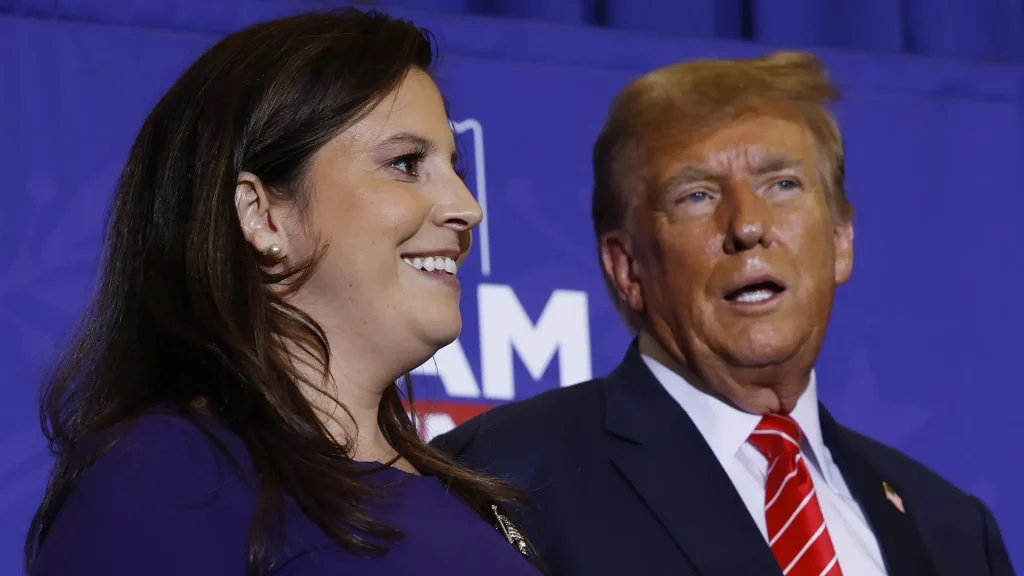
Drone pilots should pay close attention to what’s happening in Washington D.C. this week. That’s due in large part to the NDAA markup, which kicks off on June 12.
The Senate Armed Services Committee will meet on Wednesday, June 12 for a full committee markup for the National Defense Authorization Act (NDAA) for Fiscal Year 2025. That follows a subcommittee meeting that kicks off on Tuesday, June 11. And the 2024 version to review the annual defense policy bill could mean particularly huge developments for the drone world.
The most notable? A rule that could ban DJI drones in the U.S. — or at least severely limit them.
That’s because the U.S. House of Representatives Armed Services Committee has included the Countering CCP Drones Act in their draft of the FY 2025 NDAA. And likewise, that piece is set for review by the Senate Committee on June 12.
What is the Countering CCP Drones Act?
The Countering CCP Drones Act, labeled as H.R. 2864, would prevent new DJI products from coming to market in the U.S. It could also potentially revoke Federal Communications Commission (FCC) authorizations for existing drones. The FCC regulates all radio frequency bandwidth and spectrum usage. Thus, revoking FCC authorizations would ground those already owned by American pilots.
New York Republican Congresswoman Elise Stefanik introduced the Drones for First Responders (DFR) Act in May 2024. Thus far though, most American drone pilots have opposed the proposed legislation. DJI has an estimated 70-80% market share. So unsurprisingly, grounding the majority of drones would hurt those owners. And drone pilots argue it hurts more than just their own businesses.
Related read: What’s it like being a Chinese drone company right now?
“The potential grounding of all DJI drones not only affects individuals like myself but also hampers our nation’s ability to respond effectively during emergencies,” according to one Change.org petition opposing the act, which was started by Part 107-certified drone pilot Matt Muldoon.
Recreational drone pilots have suggested that their hobby would be ruined, and small businesses have cited hugely increased costs if Congress bans DJI drones.
“This wouldn’t just prevent Americans from choosing the newest drone technology on the market but could ground entire drone fleets currently in use by public safety agencies, small businesses, and many more across the country,” wrote another drone pilot who goes by the username WizardoftheCreek in a letter to their U.S. Congressman in a post to Reddit.
Alternatives to the Countering CCP Drones Act
Given the pushback, even bill writer Elise Stefanik has already moved on to a potential new solution. Among them: a new proposal called the Drones First Responders Act. The DFR Act would impose a new, 30% tariff on drones made in China. From there, the Act would hike tariffs by 5% annually. In addition, the DFR Act would ban the importation of drones that contain what it deems certain, critical components that are made in China by 2030.
But even that proposal has received sharp criticism. Tariffs would still increase costs for drone owners and subsequently to those that contract work out to drone businesses. That ranges from people who use drone delivery services to fly food to their homes, to big oil and gas companies that rely on drones to inspect their pipelines. Critics also oppose the inconsistent nature of the revenue stream for grants that depend on tariffs to fund their work.
Other bills seek to just limit DJI drone use in the government. For example, the American Security Drone Act of 2023 would prohibit only federal agencies from purchasing drones made by Chinese government-linked countries.
Some have proposed even less-restrictive alternatives, including mandating stricter security protocols for all drone manufacturers, not just Chinese companies. And much like how the Chinese government has reportedly invested in DJI (enabling them to grow big), some believe the U.S. government should invest in American drone companies.
Other changes to expect in the NDAA markup
Sure, the Countering CCP Drones Act has the biggest spotlight on it. But that’s not the only development that the drone community should expect from this annual defense policy bill. Other potential areas up for discussion around drones, including an increased focus on counter-UAS projects. In fact, the NDAA might allocate resources for developing and deploying advanced counter-drone systems. There’s also a proposed requirement for an interagency strategy for creating a unified posture on counter-UAS capabilities, particularly at U.S. borders.
There’s also a proposal that had been gaining traction to create a dedicated Army Drone Corps. This new branch would centralize drone operations, while also handling counter-drone work.
What’s next?
As far as what’s next, we’ll be following the June 12 hearing and reporting back on this website. But there’s moves that drone pilots can make too.
For starters, you can tune in. The NDAA markup will be streamed live online at armed-services.senate.gov, allowing you to stay informed of what’s going on.
Drone pilots who are opposed to some or all of the Countering CCP Drones Act can contact their local Senators to share their feelings (the deadline is June 11). The folks at Drone Advocacy Alliance have made it easy by creating a web page that takes you to a form to share your thoughts with your representative.

